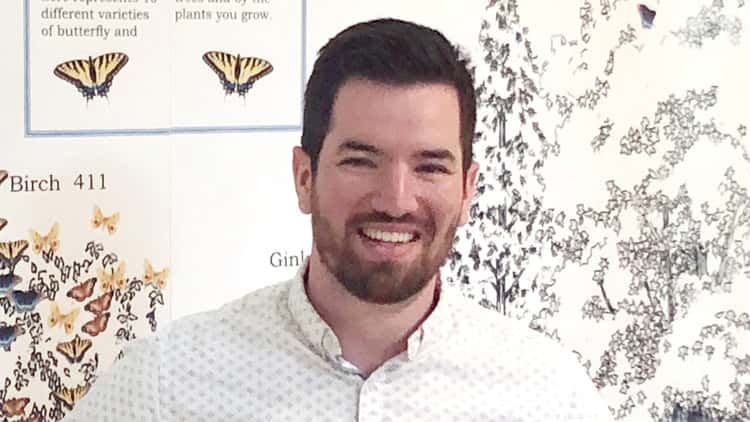
By Eli Shaffer
Children are always learning. With vacations and family gatherings not far off, it is a great time to pause and reflect on how every moment is a learning opportunity with tremendous potential. When the classroom setting gives way to the family room or backyard, friends and family become the teachers and real-world lessons abound.
I often like to imagine of the developing mind of a child as a sponge, soaking up and internalizing every experience. With every developmental stage, new stimuli and understandings map onto an increasingly complex network of memories and lessons learned. School teachers spend years studying various strategies and philosophies developed to connect young minds to particular learning outcomes, however when a child comes home, the people they connect with can often offer the most important and long-lasting lessons. In turn, lessons learned at home can impact a child’s learning in the classroom. When classroom lessons and at-home learning experiences overlap and align, each reinforces the other and strong new understandings can be formed.
At Audubon, we take advantage of the time people spend on our property or participating in our programs to illuminate the amazing qualities of our natural ecosystems. Informal education opportunities such as after-school programs, field-trips to Audubon or other science centers, or academic summer camps can offer helpful guidance to parents looking to make the most of their children’s experiences at home and with family. Guiding questions can be a useful tool in leading young minds to think critically and curiously about what happens around them. A question prompt can remind you and your kids that there is learning to be done everywhere you look!
“Wow! Look at the way those bird are flying in a ‘V’. Do you think they keep the same leader their whole
journey south? Why do you think they fly in that shape?”
While the answers to the above questions happen to be “No, they take turns. And they fly in a ‘V’ because it saves them energy.” You don’t have to provide an answer to every question. Just taking the opportunity to ask a question can be a shared learning experience itself. After a few minutes of discussing your guesses, answers (and often further questions) can be found just an internet searche away.
Beyond questions, tools and games are great ways to acknowledge that learning can happen anywhere without letting on that there’s learning going on. From “I spy” in the car with a toddler to scavenger hunts and geocaching with grade-schoolers, there are many easy to access experiences that yield countless learning opportunities. Likewise, learning tools like binoculars, magnifying glasses, telescopes, insect nets and more can be all that’s needed to fill an entire day with exploration and fun together.
We would love to see you come by the Greenwich Audubon Center for a program or walk in the woods, and we will always be ready to help create a meaningful learning experience in nature and lasting memories. However, special learning moments can happen anywhere you and your child are together and, more often than not, you already have all you need to make the most of them.
Eli Schaffer is the Center Director of the Greenwich Audubon Center at 613 Riversville Rd in Greenwich. He is thrilled to be fulfilling his dream of connecting people to nature by creating a warm and welcoming community center for all those who care for our shared environment.





